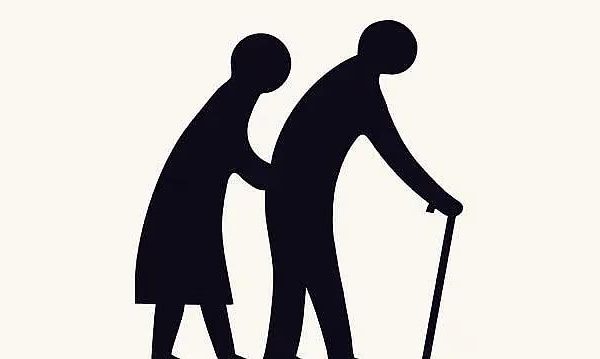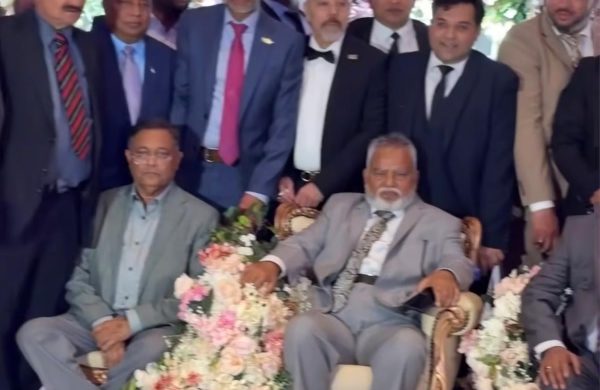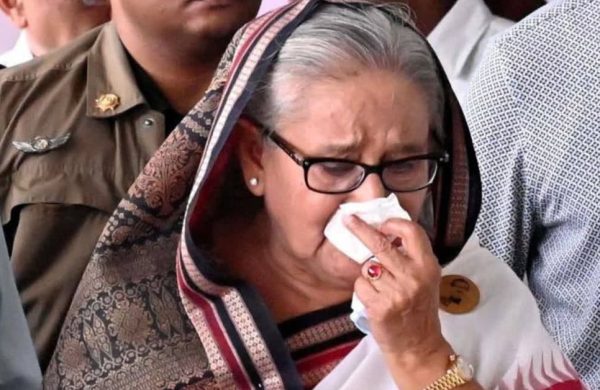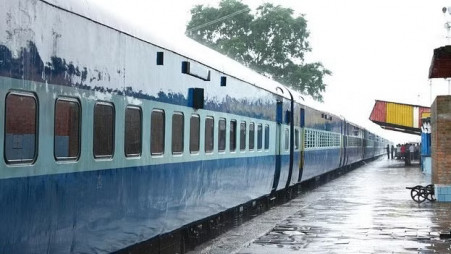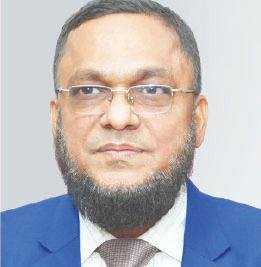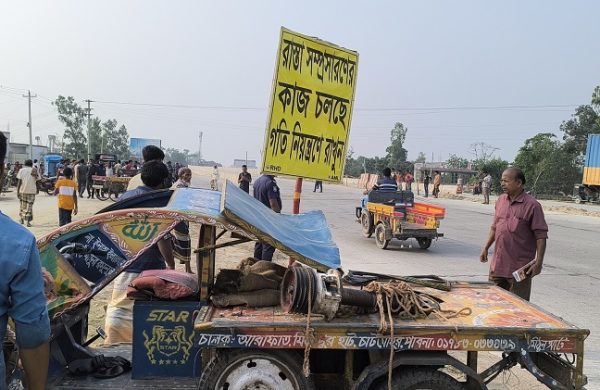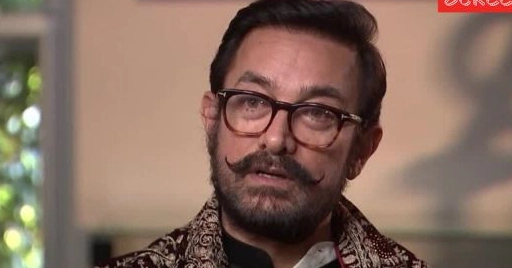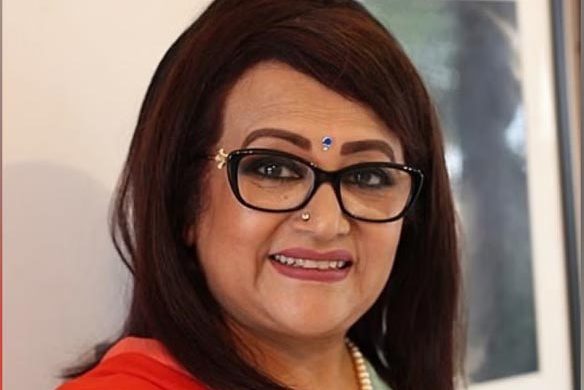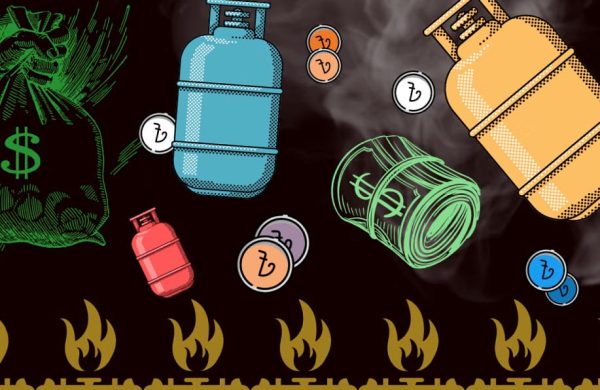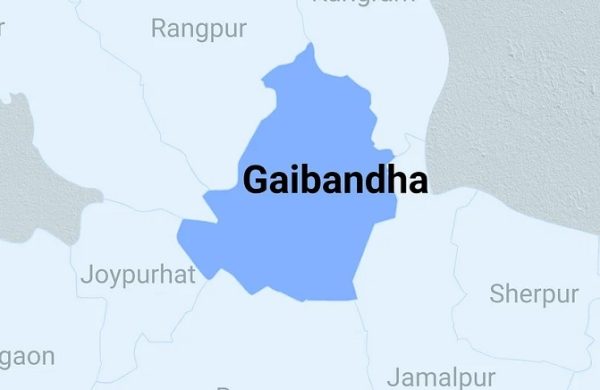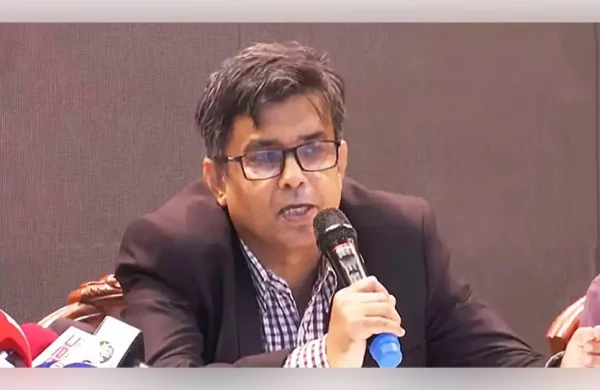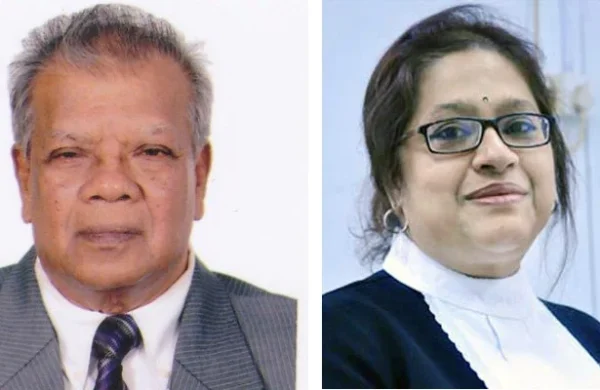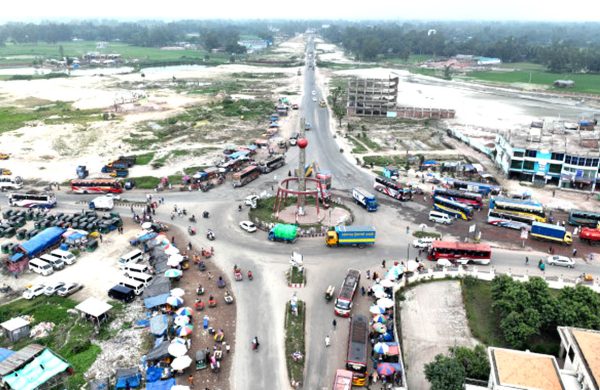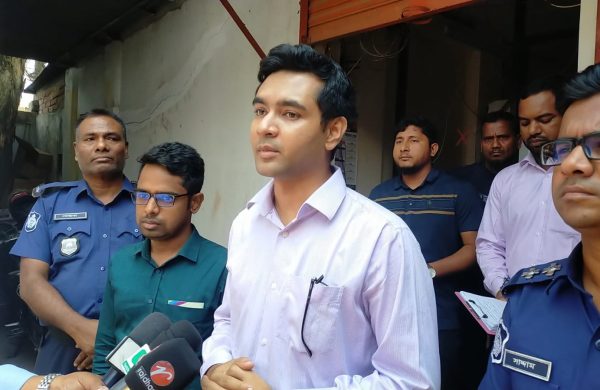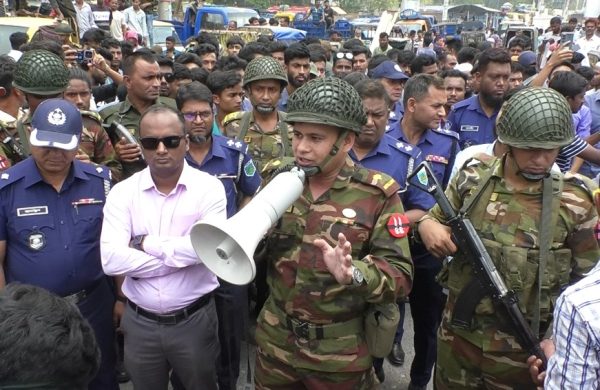BNP pushes for bicameral parliament to balance power in governance
- Update Time : Friday, November 29, 2024
- 65 Time View

TDS Desk
One of the key proposals in the BNP’s reform plan for state restructuring is the establishment of a bicameral parliament, which it says would ensure a balance of power in state governance by incorporating the knowledge and expertise of specialists alongside the existing parliamentary framework.
The idea of a bicameral parliament was highlighted among 62 reform proposals submitted to the Constitutional Reform Commission on Tuesday. The BNP is contending that such a system would prevent authoritarian behaviour by the ruling party.
The proposed bicameral parliament would include academics, professionals, political scientists, sociologists and experienced administrators.
The BNP believes this approach would reduce the misuse of power and promote national unity.
At a recent discussion in Dhaka, BNP acting chairman Tarique Rahman via a video link said that to prevent the recurrence of autocratic regimes in Bangladesh, his party was proposing constitutional reforms.
He said the BNP wanted to establish a balance of power and ensure the participation of intellectuals and experts in governance through the introduction of a bicameral parliament.
Upper and lower houses
Globally, many countries, including the United States, the United Kingdom, India and Japan, operate with bicameral legislatures. Such systems typically consist of two chambers: a lower house directly elected by the people to ensure public representation and an upper house with representatives from various regions, ethnic groups and experts, ensuring diverse representation.
The US Congress comprises the House of Representatives (lower chamber) and the Senate, playing a significant role in the country’s policymaking process.
Similarly, India’s bicameral parliament includes the Lok Sabha (lower house) and Rajya Sabha, which ensures a balance between central and regional governance.
Drawing from these examples, BNP leaders argue that a bicameral system not only maintains power balance but also ensures representation for different regions and communities.
Why does BNP think it is necessary?
At a recent press conference, BNP Standing Committee Member Amir Khasru Mahmud Chowdhury said Sheikh Hasina’s regime had become a symbol of centralized power, adding that a balance of power was essential to prevent the rise of another such regime.
“We cannot concentrate all authority in the hands of the prime minister. If the BNP comes to power through people’s votes, we will establish a bicameral parliament.”
Barrister Rumeen Farhana, the BNP’s assistant international affairs secretary and a former member of parliament, told Dhaka Tribune that a bicameral parliament was essential in the context of Bangladesh.
“It would help establish a balance of power. Through debates in policymaking, it would be possible to reach well-thought-out solutions.
“Experienced and knowledgeable individuals in our country often do not want to contest elections. In a bicameral parliament, they too would have the opportunity to contribute.”
When asked about the process for selecting members of the upper house, she said it was still under discussion.
“We do not yet know the format in which the bicameral parliament might be structured. Once everything is finalized, it will become clear how the members of the upper house would be selected,” she added.
Sources in the BNP said the party envisioned a bicameral legislature that would enhance accountability in governance and ensure representation for all classes, regions and communities in Bangladesh.
BNP leaders have reiterated that party founder Ziaur Rahman introduced multi-party democracy in Bangladesh and believe that under the leadership of Tarique Rahman, democracy will be firmly established, with the formation of a bicameral legislature as a key milestone.
They argue that the current unicameral parliament does not sufficiently ensure government accountability. A bicameral system, they say, would allow one chamber to review and counterbalance the actions of the other, thereby maintaining equilibrium in governance.
Furthermore, the upper house, composed of representatives from various regions and communities, would ensure that the voices of remote areas and minority groups are heard. It would create opportunities for religious minorities and indigenous communities to articulate their concerns and advocate their development.
Nitai Roy Chowdhury, BNP vice chairman and former MP, told this correspondent: “Many countries, including India, Sri Lanka and the US, have bicameral parliaments. In Bangladesh, such a system is now necessary to involve the intellectual community in governance.”
He said past experiences had shown how Sheikh Hasina’s regime had centralized power, adding that bicameralism would prevent such misuse, as no law could be passed without the upper house’s consent.
Meanwhile, experts are divided on the necessity of a bicameral legislature in Bangladesh, a developing and geographically small country.
They say the significant financial burden of managing an additional chamber could strain the country’s resources.
Political consensus is also deemed crucial for the successful implementation of such a system.
Political analyst Dr Zobaida Nasreen from Dhaka University noted that if such a system was put in place, the upper house could take over responsibilities during elections, eliminating the need for interim governments.
However, no party had yet outlined a concrete model for this system, she added.
“Before implementing such a reform, it is essential to evaluate its economic, political, and social implications and build consensus.”
Responding to questions about political unity on the issue, BNP leader Nitai Roy Chowdhury said nearly all parties agreed that a bicameral parliament was necessary to strengthen democracy in Bangladesh.


